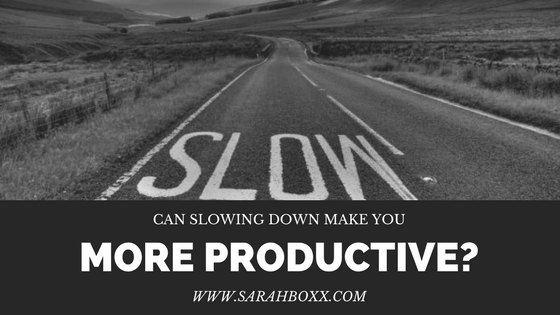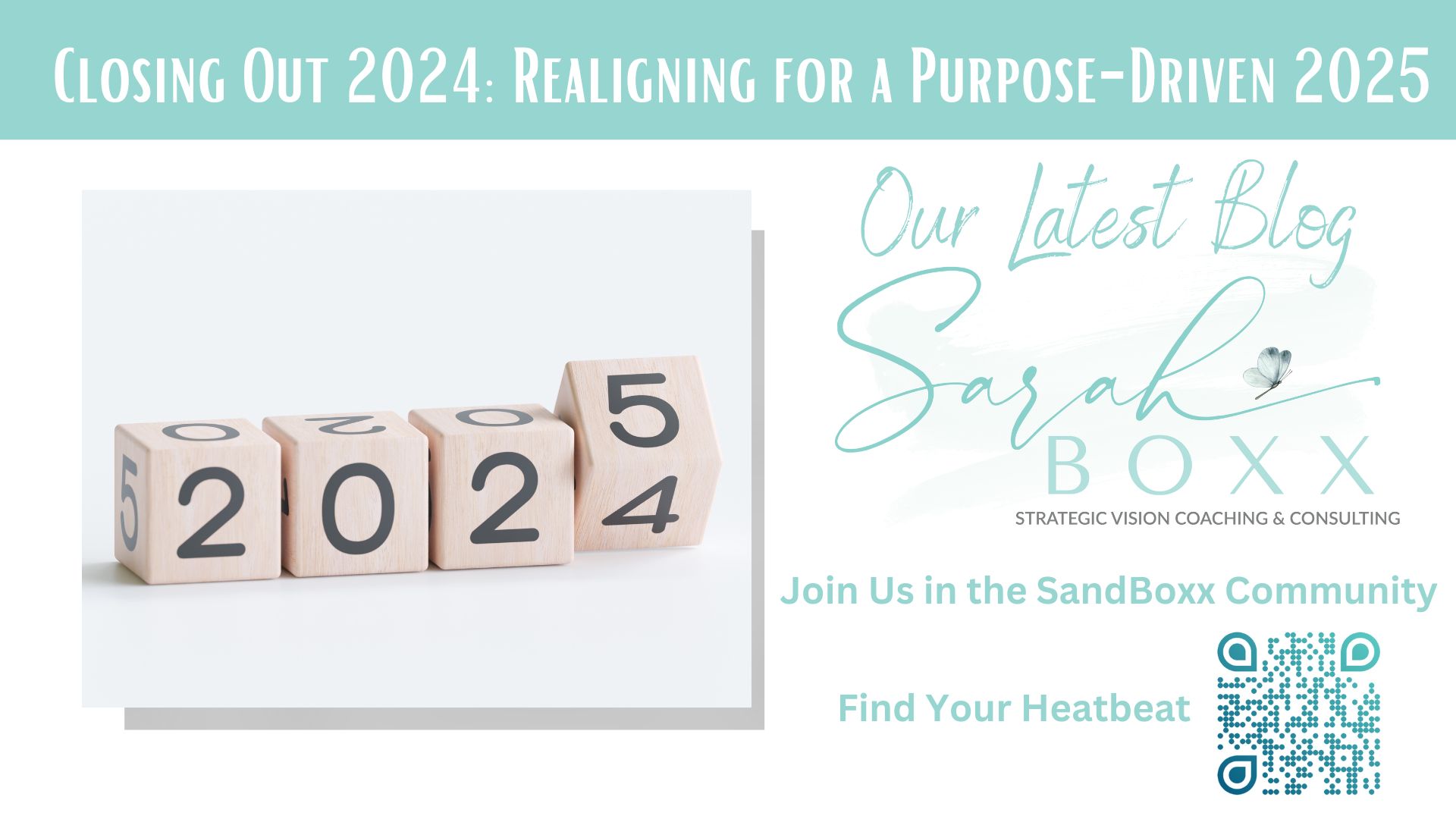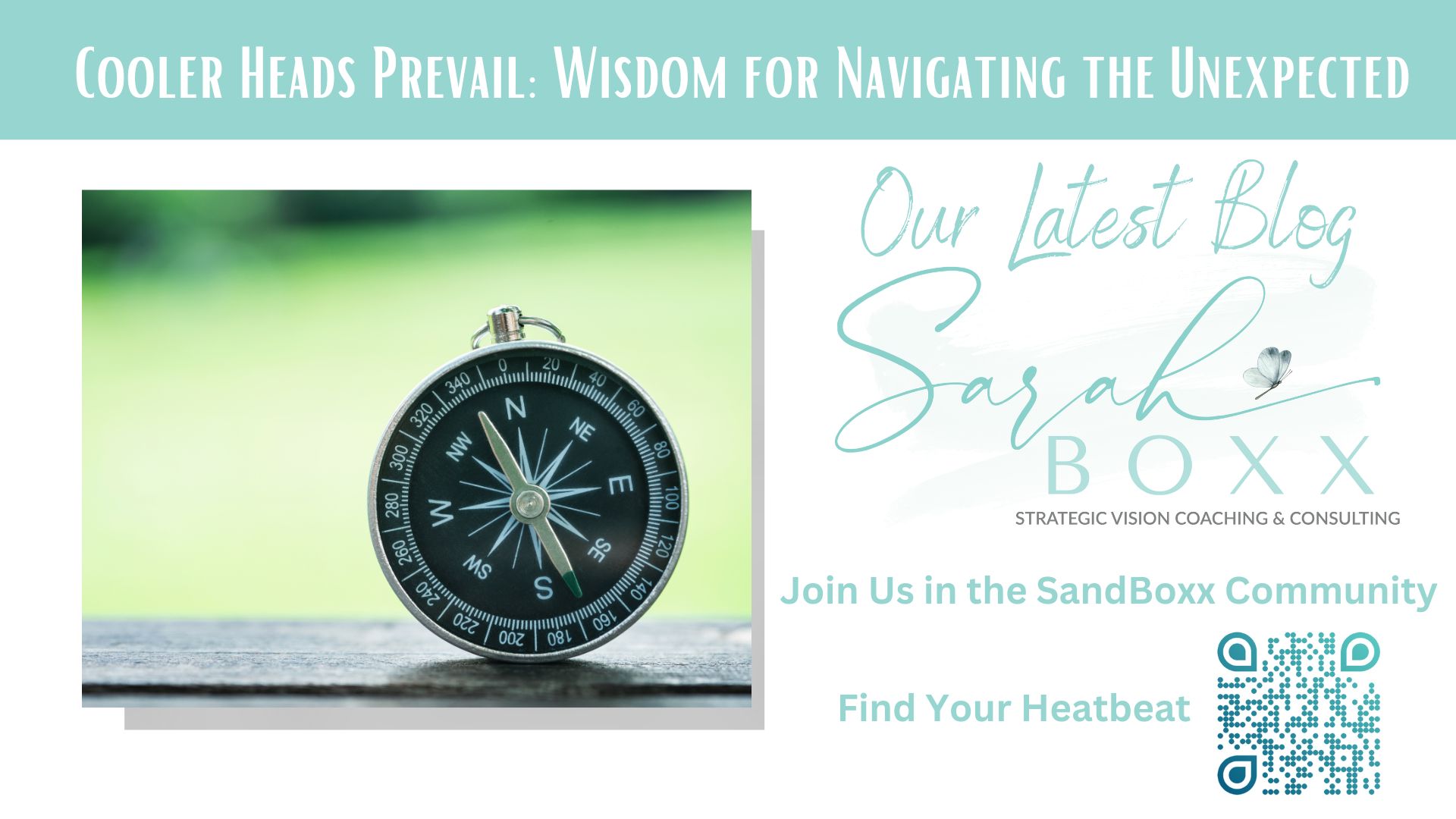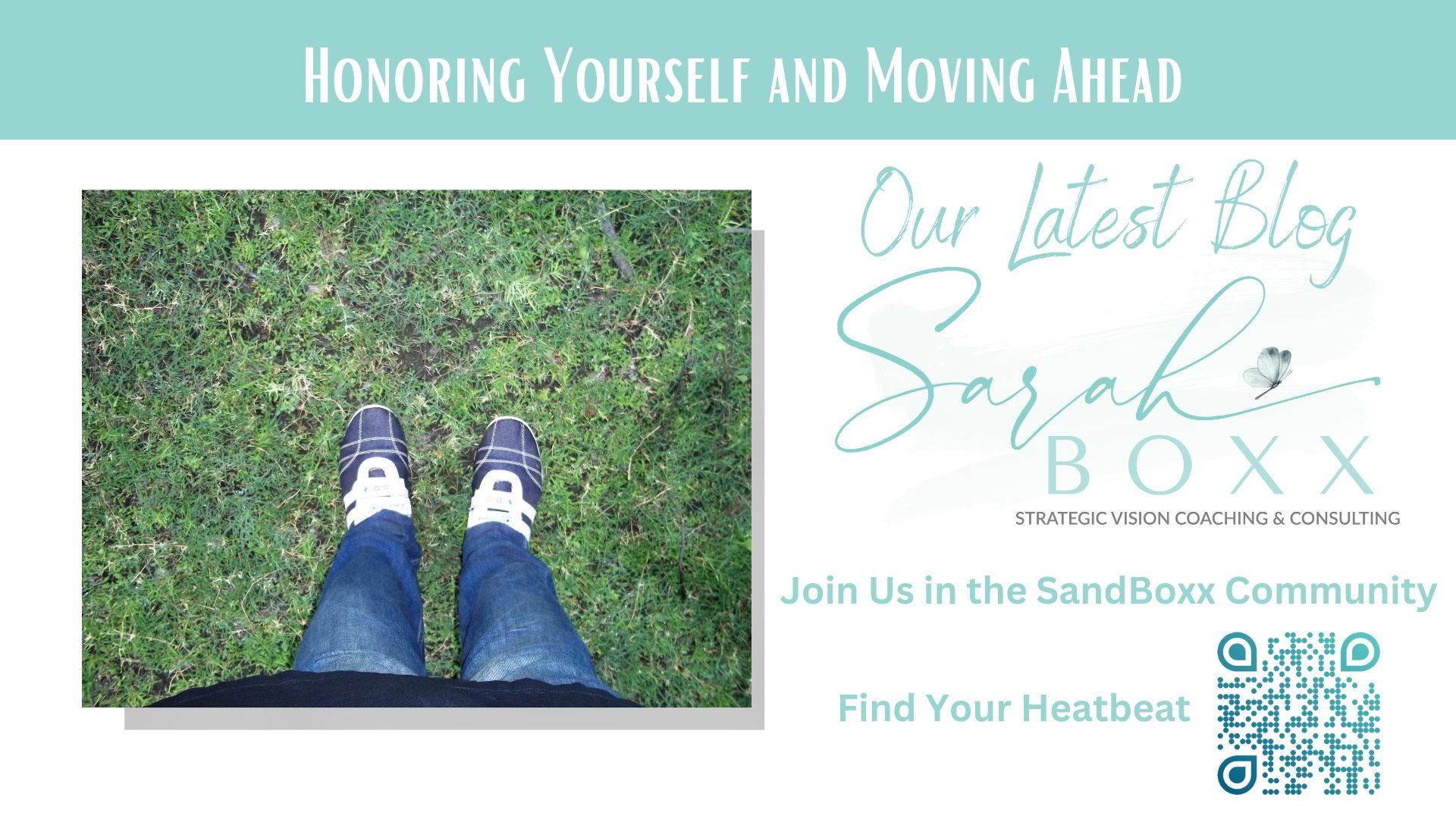 We usually don’t think of the words slow and productive in the same sentence. But maybe we should. For all of our frenzied busyness and task-orientation, one could ask the question if we’re really getting more done.
We usually don’t think of the words slow and productive in the same sentence. But maybe we should. For all of our frenzied busyness and task-orientation, one could ask the question if we’re really getting more done.
In fact, recent research shows that, even with all of our multitasking and technological advances, slowing down might be the key to stronger growth. Slowing down has these two potential boons to our productivity:
It changes the way we think.
In his book In Praise of Slow, Carl Honre writes that
“Slow Thinking is intuitive, woolly, and creative. It is what we do when the pressure is off, and there is time to let ideas simmer on the back burner. It yields rich, nuanced insights and sometimes surprising breakthroughs.”
By slowing down and focusing, we hone our senses and our thought processes. As it turns out, multitasking is not only more frenzied and exhausting, it’s also a bit of a myth because jumping rapidly from one unfinished task is mentally exhausting and often inefficient. Chances are you can get more accomplished if you focus intently and deliberately on getting one thing done at a time. The net effect? We make better decisions when we slow down because we conserve mental energy, close our margin for error, and maintain better focus – which can save us from wasted time regrouping or redoing tasks.
It also changes the way we work with others.
Slowing down makes us better listeners and gives us the space for teamwork and collaboration. Take a recent example from my summer travels. Sherman and I did some traveling abroad in unfamiliar territory during the month of July. I noticed on a few occasions that when we took the time to pull out and unfold a paper map that many more people engaged with us. Sure, we were going slower than we would have had we been using Google Maps, but what happened was that locals wanted to know if they could help and then offered suggestions. The interaction was quite a bit richer. By contrast I noticed other folks using their phones. They were usually left on their own to figure it out.
When was the last time you sat in a room with another person to problem solve or look for new ideas? In our fast-paced world, it’s easy to just Google the quickest answer or roll right over the people around us. Think about the way talk with coworkers. When was the last time you waited for another person to come to a complete pause before you took your turn to speak? When we speak quickly, we’re more likely to talk at, over, and past each other, rather than with each other. When we communicate slowly, we put the thoughts of the other person first.
When we slow down and really listen, it gives you both time to truly process one another’s ideas. In the end, your communication actually becomes more efficient, making misunderstandings – and error – less likely.
It’s easy to see that slowing down can produce better decisions, better planning, fewer errors, less stress, and foster environments for richer communication. But, slowing down is easier said than done, I know. Our time is a precious, limited resource and we feel a lot of pressure.
Nevertheless, let’s not forget to slow down and take our time. Some seasons afford us the opportunity more than others. As summer winds down and you ramp up for the Fall, let’s deliberately choose to slow the pace. Efficiency is important but it’s not the only factor in our productivity – sometimes work is better and life is richer when we take the time to slow down.





